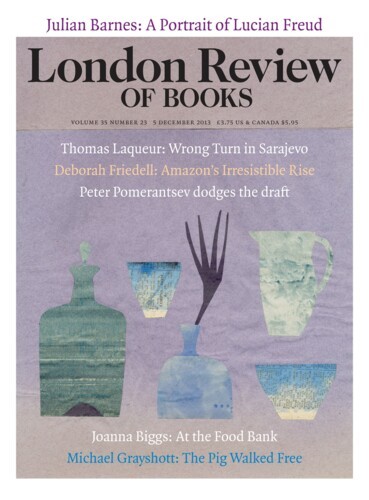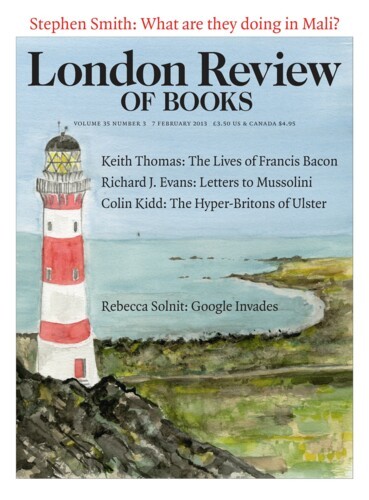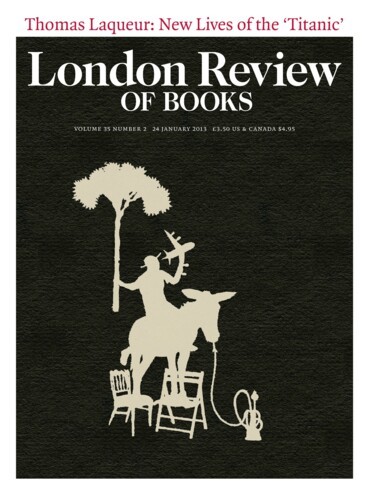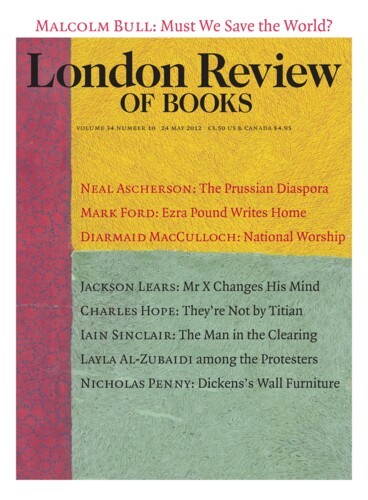Coalition Monsters
Colin Kidd, 6 March 2014
Common sense in British politics tends to be aligned with the wisdom of party managers: that the electorate abhors uncertainty, and is incapable of understanding either internal party divisions or Continental-style coalitions. Only very occasionally, when the whips are thwarted by force of circumstance, do the voters – and indeed a frustrated cadre of pragmatic and independent-minded politicians – escape the iron cage of partisan constraint. In early 1974 Britain seemed divided and ungovernable.





